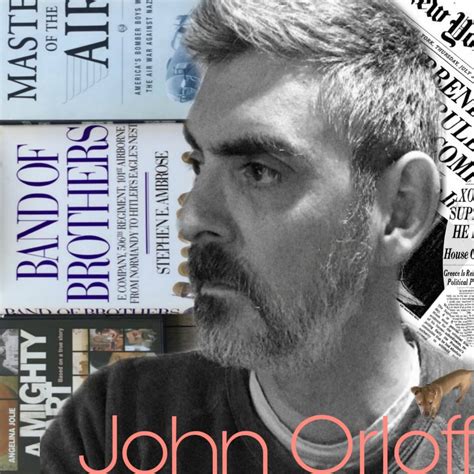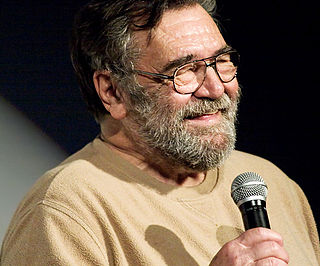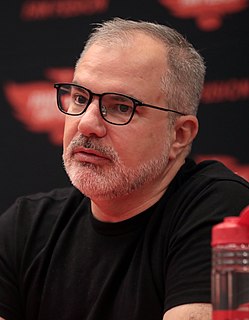A Quote by Quentin S. Crisp
It's interesting, the sense of pastoral utopia that exists in so much fantasy - in [Edward ] Dunsany, [John R.R.] Tolkien and so on.
Related Quotes
I think the tendency to over-explain and over describe is one of the most common failings in fantasy. It's an unfortunate piece of Tolkien's legacy. Don't get me wrong, Tolkien was a great worldbuilder, but he got a little caught up describing his world at times, at the expense of the overall story.
If you are going to write, say, fantasy - stop reading fantasy. You've already read too much. Read other things; read westerns, read history, read anything that seems interesting, because if you only read fantasy and then you start to write fantasy, all you're going to do is recycle the same old stuff and move it around a bit.
I tensed for the spring, my eyes squinting as I cringed away, and the sound of Edward's furious roar echoed distantly in the back of my head. His name burst through all the walls I'd built to contain it. Edward, Edward, Edward. I was going to die. It shouldn't matter if I thought of him now. Edward, I love you.






























